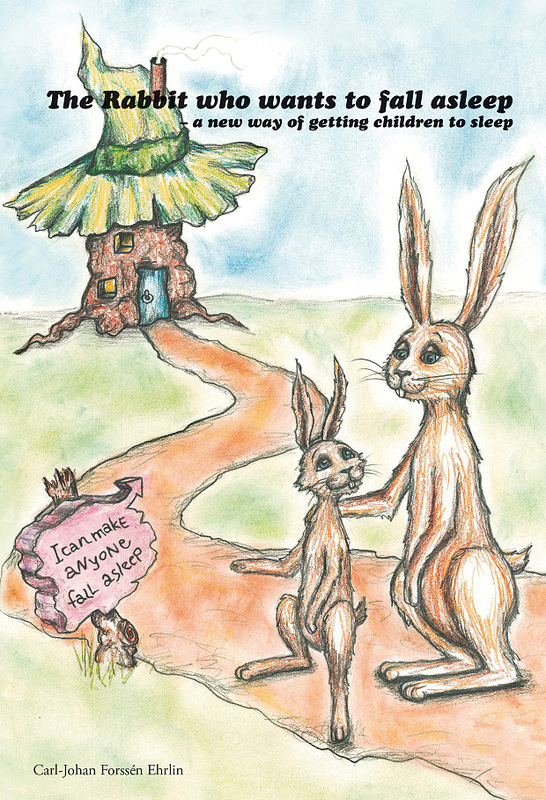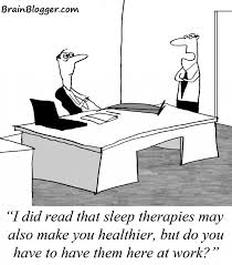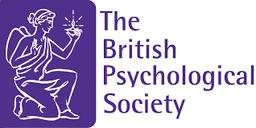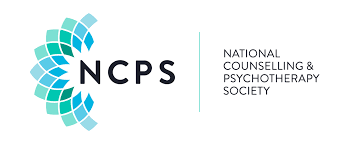SEPTEMBER TOPIC - Sleep
0 Comments
Leave a Reply. |
Author - Fiona KylePsychotherapist working at Eunoia Counselling & Therapy Practice. Categories
All
|
Online Therapy |
|
|
Friendly and approachable online counsellor able to help with issues such as anxiety, stress, depression, chronic pain, relationship or anger problems.
|










